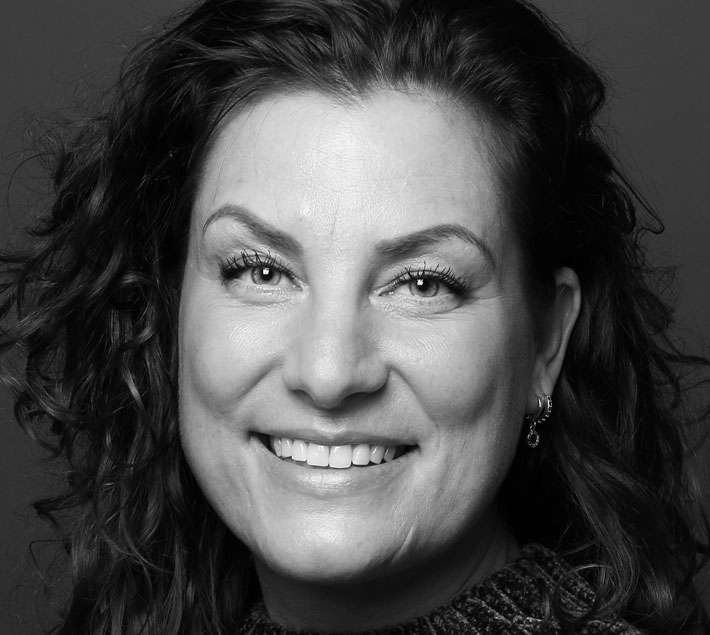Impact’s mission is to help people develop their leadership capacity by understanding leadership not as a role, title or set of qualities, but as a special type of action, taken in service of changing things for the better.
There are many different kinds of these “acts of leadership”, they may succeed or fail, but one thing many have in common is the need for courage when taking them.
One of the boldest acts of leadership occurs when people challenge an echo chamber of opinion and dare to say something different from the rest of their “tribe”. Such action has uncertain returns and risks exposing them to the ridicule of others. Even worse, they can end up feeling isolated and even guilty as a consequence, as they’re no longer doing what they’re “supposed” to do. Little wonder that so many of us fail to take such opportunities to contribute leadership when the moment arises.
This subtle guilt is one of the less explored reasons why people tend to stick with the norms of their group and don’t speak up (even when terrible things are being done in the name of the group). Such is the power of both our need to belong and our consequent guilt when we “betray” that belonging. So potential guilt can be a personal barrier to leadership action, alongside the risk of being excluded. If we are unaware of these factors operating within us, it can limit our leadership capacity and leave us rationalising why our lack of action was appropriate, when we know in our hearts that’s not the whole truth.
Why does this matter?
Because if we need to improve our performance in a complex and ever-shifting environment, we need to be able to challenge some of the fundamental ways things get done and things people believe. Sometimes we have to be able to handle the guilt and break from norms and expectations, in order to take action in service of a greater whole. This doesn’t mean physically leaving, but it does mean finding true freedom of action in order to do the right thing.
Let’s not pretend this is easy - it can be a rough ride. One of my favourite examples of this kind of courage is Bob Inglis, former Republican member of the US congress, who broke conscience with the prevailing view of his party by declaring that climate change was a fact and is caused by humans. Generally the Republicans take an anti-climate change position, partly as a reaction to Al Gore’s advocacy around it (Al Gore was on the ‘other’ side). Whatever your views about climate change, one of the interesting parts of his story is what it took for Bob Inglis to see things differently – his son challenged his views, he saw the evidence for himself in Antarctica and he was open enough to listen to people with similar values (seeing the world as a precious creation) but with an opposite view to him on the issue of climate change. After some research and further reflection, he started to propose ways of combating climate change within his party, which resulted in a significant backlash, causing him to lose his seat in the 2010 Republican primary election. He later described his drop from 85% to 29% support as “quite a faceplant” but he didn’t let this deter him from continuing to work in service of his beliefs (see references below).
Although you could frame this experience simply as a failure, Bob Inglis’ story can also be seen as a source of learning on how to lead change, from recognising that direct communication of facts doesn’t always work in complex social systems where strong values are at play (in fact, it can cause an opposite reaction, ref Al Gore) and that you need to use “the language of the tribe to reach the tribe”. His story is also a reminder of the importance of picking yourself up after “failing” and finding another way to do what you believe is right.
Bob Inglis took leadership action on a public stage, but each of us can contribute acts of leadership within our own context. This needs us all to cultivate the place within each of us where we can find freedom of action and handle the guilt and risk of “not belonging”. Just to make it really challenging, we also need to be able to do this without making others wrong – for they may be secretly avoiding the guilt that comes with bold leadership action. Is it your time to speak up?
Karen Jaques is a Senior Consultant at Impact.
References:
http://www.wral.com/former-republican-congressman-embraced-climate-change-lost-re-election/14856544/
The New World – Nothing but the Truth. BBC program broadcast, January 2017 http://www.bbc.co.uk/programmes/b086nzlg
